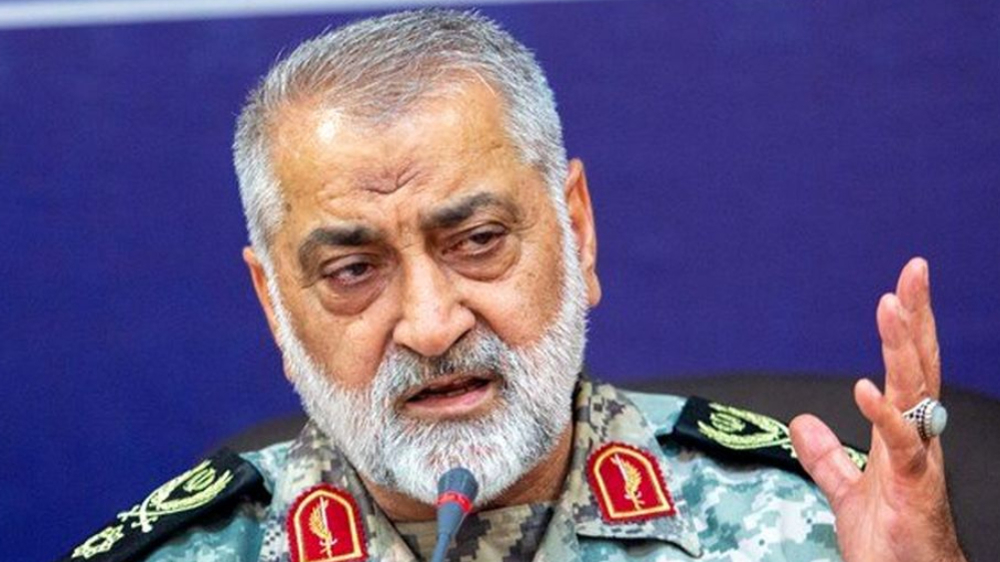US activating missiles in Europe despite Russia warning
The United States is about to activate its missile systems across Europe, despite Russia’s warnings against a systematically increasing US-led arms deployment near its borders.
Almost after a decade of pledging to protect members of the North Atlantic Treaty Organization (NATO), Washington will on Thursday activate a web of missile systems it has deployed across Europe over the years.
American and NATO officials are slated to declare operational the so-called shield at a remote air base in Deveselu, Romania.
“We now have the capability to protect NATO in Europe," said Robert Bell, a NATO-based envoy of US Defense Secretary Ashton Carter.
He claimed that the shield is supposed to protect Europe from an Iranian missile threat, a claim Moscow has repeatedly rejected, saying the missiles are aimed at Russia instead.
"The Iranians are increasing their capabilities and we have to be ahead of that. The system is not aimed against Russia," Bell told reporters, adding that the system will soon be handed over to NATO command.

He echoed US State Department spokesman John Kirby who had said the system “is defensive in nature” and therefore can’t be targeted “at anybody.”
Despite American assurances, Moscow accuses Washington of trying to neutralize its nuclear arsenal and buy enough time to make a first strike on Russia in the event of war.
Russia’s response
General Sergey Karakayev, commander of the Russian Strategic Missile Forces (SMF), downplayed the system’s impact, saying that the Russian military was paying “special attention” to enhance their weapons and overcome US missile defense systems.
"Threats from the European segment of the missile defense system for the Strategic Missile Forces (SMF) are limited and don’t critically reduce the combat capabilities of the SMF," Karakayev (pictured below) said on Tuesday.

The general added that Russian ballistic missiles can carry new warheads and deliver them through energy-optimal trajectories in multiple directions, making their path difficult to predict for missile defense systems.
During a Senate hearing in April, US Principal Deputy Undersecretary of Defense for Policy, Brian McKeon, requested a budget boost for the Missile Defense Agency, saying the funding was crucial for upgrading US missile systems to counter Russian and Chinese missiles.
Russia does not look favorably upon the North Atlantic Organization Treaty (NATO)’s growing deployment of missiles and nuclear weapons near its borders, with the Russian President Vladimir Putin saying in June last year that if threatened by NATO, Moscow will respond to the threat accordingly.
Rubio warns US envoys against undermining Trump’s pressure campaign targeting Iran: Report
Iran, Qatar stress continuation of diplomacy towards preserving regional peace, stability
Majority of Americans support Palestinian state as Israel backing declines sharply: Poll
New Israeli strikes kill more Palestinians across Gaza in 'serious violation' of ceasefire
Maliki urges respect for Iraq's sovereignty in meeting with Trump's special envoy
Iran urges restraint, immediate ceasefire as Afghanistan–Pakistan fighting escalates
VIDEO | Press TV's news headlines
VIDEO | Kabul residents call for calm as tensions escalate with Pakistan










 This makes it easy to access the Press TV website
This makes it easy to access the Press TV website